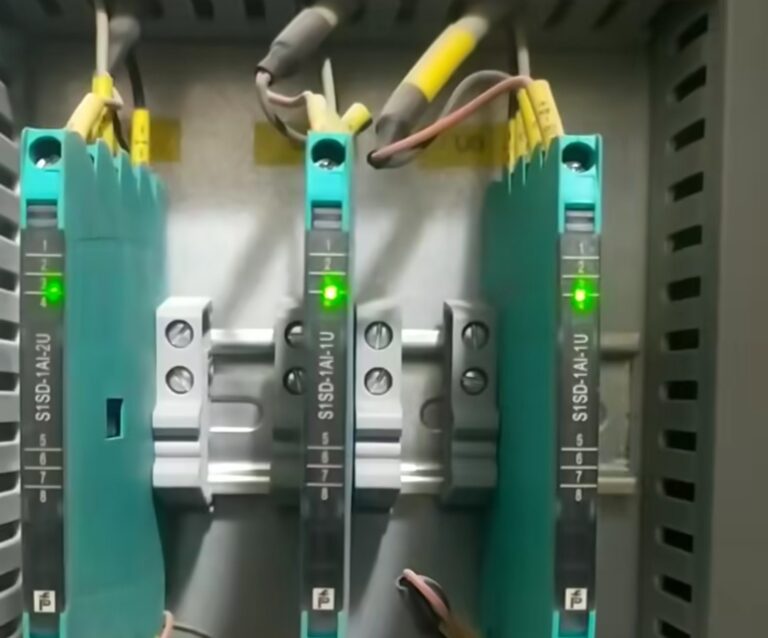Energy storage systems face multiple challenges that impact their technological advancement and widespread application. Here are some of the main challenges:
- Cost Issues:- High initial investment cost is one of the biggest challenges faced by energy storage systems. Although the costs of some technologies, such as lithium-ion batteries, have decreased over the past few years, the cost-effectiveness of energy storage systems remains a significant factor affecting their large-scale application.
- Technological Maturity: Different types of energy storage technologies are at various stages of development. Some emerging technologies (such as flow batteries, compressed air energy storage, etc.) have not yet been fully commercialized and face technical bottlenecks that require further research and validation.
- Efficiency and Lifespan Issues: The energy conversion efficiency and the lifespan of the system are key indicators of performance. Enhancing efficiency and extending lifespan are current challenges in the development of energy storage technology.
- Lack of Standardization and Regulation: The energy storage field lacks unified technical standards and safety regulations, which presents challenges to product design, interoperability, and market promotion.
- Environmental and Safety Concerns: Chemical battery energy storage systems, in particular, pose potential environmental pollution and safety risks, such as battery leaks, fires, and explosions.
- Insufficient Policy and Legal Frameworks: Many countries and regions lack adequate policy support and legal frameworks for energy storage systems, which limits investment and development in storage projects.
- Energy Market Mechanisms: The existing energy markets and electric power system design do not fully adapt to storage technologies. How to provide a fair competitive environment and a reasonable profit model for energy storage systems in the electricity market is a challenge.
- Grid Integration Issues: For energy storage systems that integrate into the grid, issues such as grid technology standards, grid adaptability, and coordination control with the grid need to be addressed.
Despite these challenges, the future prospects for the development of energy storage systems are widely seen as promising, thanks to continuous technological progress and the gradual improvement of relevant policies and market mechanisms.

